This website uses cookies so that we can provide you with the best user experience possible. Cookie information is stored in your browser and performs functions such as recognising you when you return to our website and helping our team to understand which sections of the website you find most interesting and useful.
-
Analysing public transport in the Community of Madrid through data from intelligent payment systems
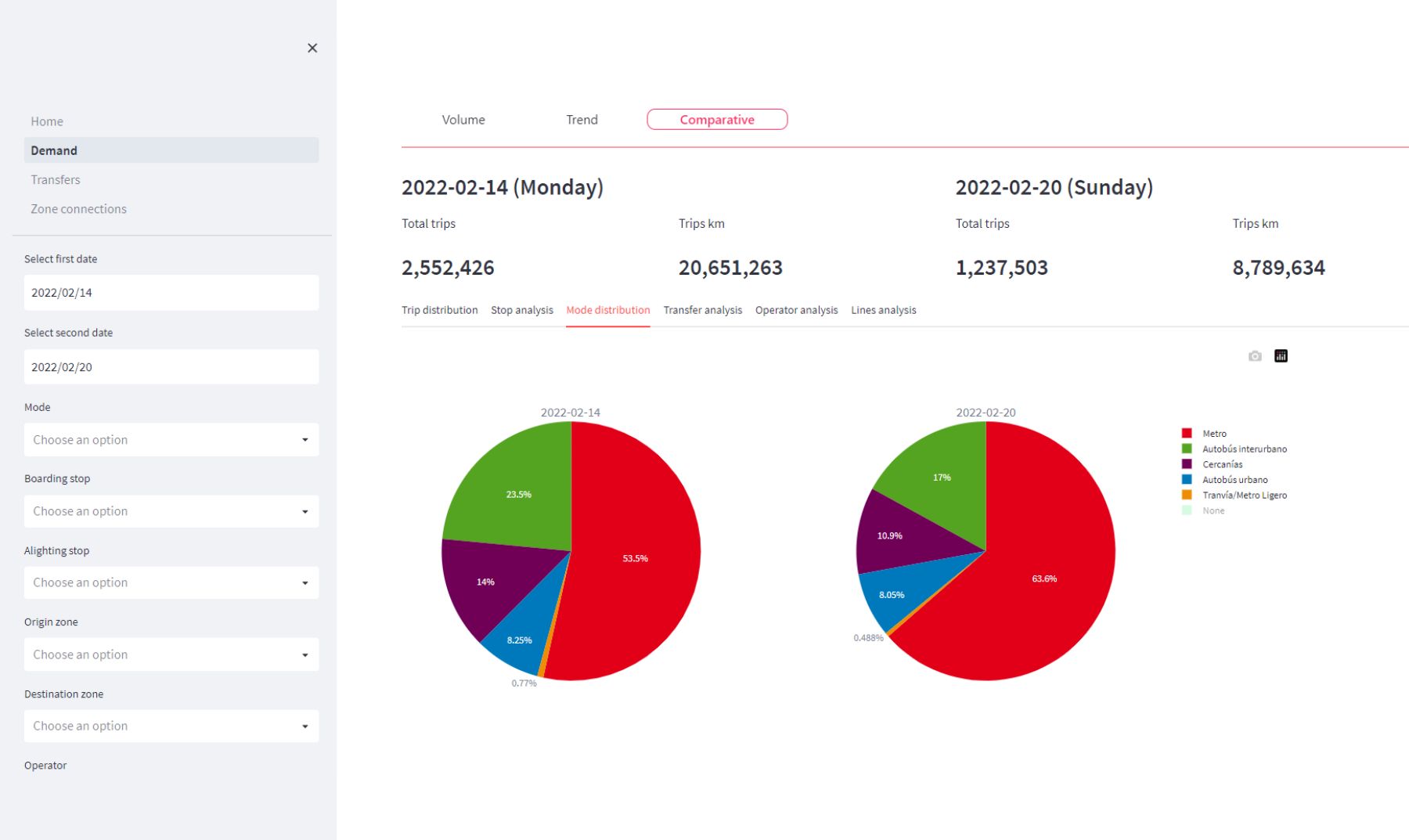
Briefing One of the most interesting data sources for characterising the use of public transport services are intelligent payment systems. From an operational standpoint, these systems offer several advantages over traditional billing and control methods: for instance, they facilitate and expedite vehicle access, and enable fare integration within a multimodal public transport system. From a…
-
USEPE
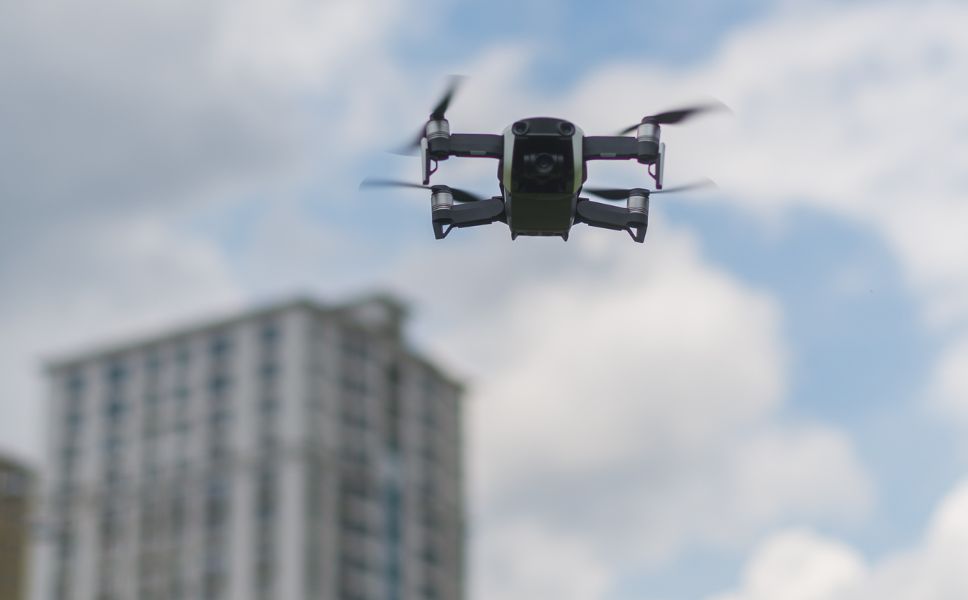
Context The U-space concept was the response of the Warsaw Declaration in 2016, which sought to harness the potential of drones for creating jobs and new business opportunities. The U-space Blueprint, published by the SESAR Joint Undertaking in 2017, defines U-space as “a set of new services and specific procedures designed to support safe, efficient…
-
POLDER

Context Every time we carry out an activity through the use of information and communication technology (ICT), we generate a digital footprint. This interaction between users and ICTs gives rise to an unprecedented number of digital records, thus creating new opportunities for studying human behaviour. Recent advances in the storing and processing of large volumes…
-
WalkFlow
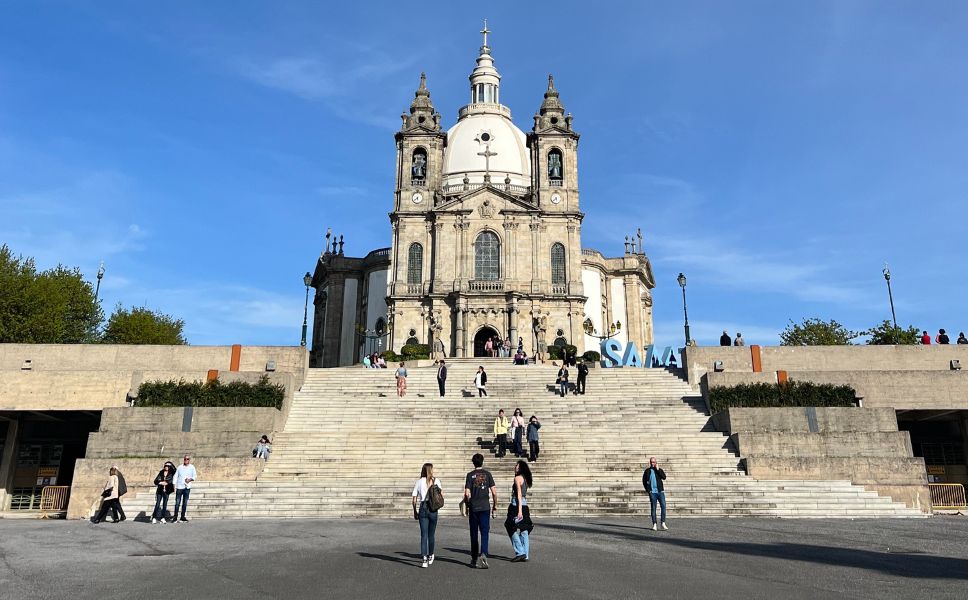
The WalkFlow project The project WalkFlow, funded by EIT Urban Mobility, aims to develop a tool for monitoring and predicting pedestrian flows by leveraging mobile location data and demonstrate its capabilities by analysing walking flows in the city centre of Braga, in Portugal. The tool primarily uses anonymised mobile network data and location data from…
-
Monitoring travel demand in Bogotá and Buenos Aires during the pandemic
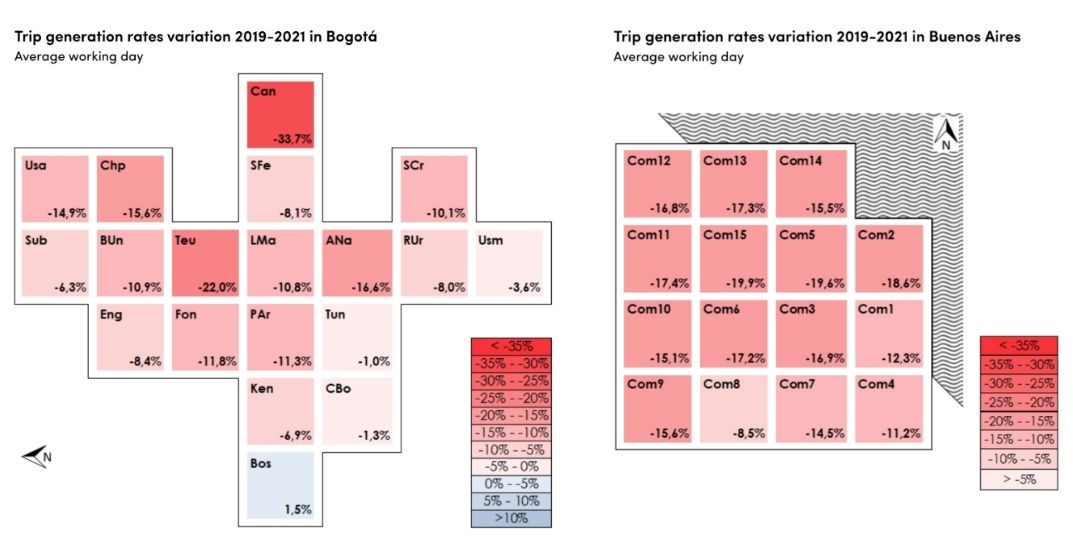
Briefing Public transport is often considered as the backbone of sustainable urban mobility. The impact of the COVID-19 crisis on public transport demand, driven by social distance measures and perceived contagion risk, has been a major challenge for transport authorities and operators. Latin American cities are not an exception: while demand decreased by 60-90% in…
-
Predicting CO2 savings thanks to shared mobility services in the city of Stavanger
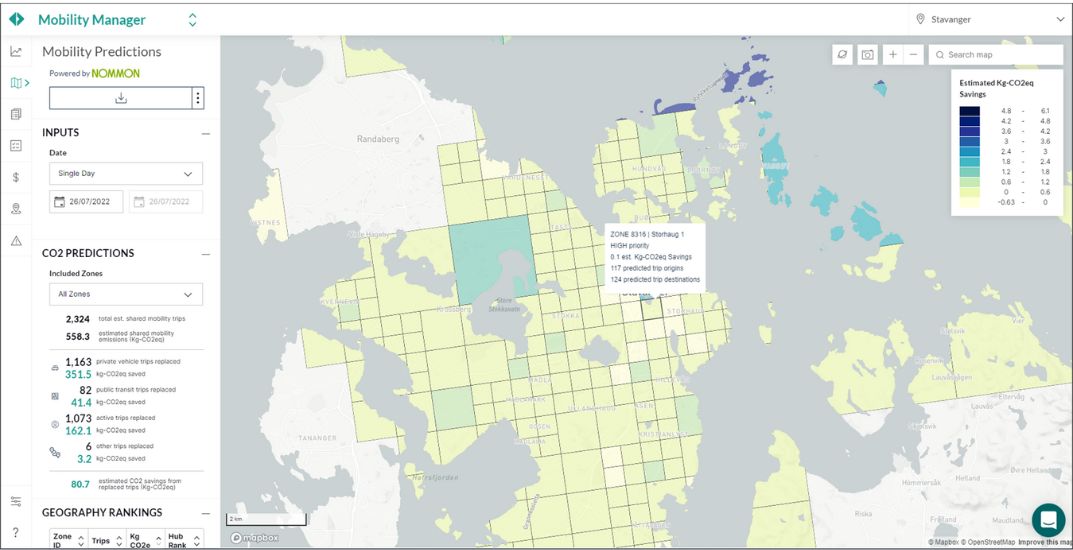
Briefing Recent years have seen a rapid growth of shared mobility services in cities. Scooters, bicycles, motorcycles, etc. are flooding the streets and promise to be a sustainable solution to replace private vehicles. However, without the right policies and regulations in place, smart mobility may also cannibalise public transport, induce new motorised trips, and compete…
-
SOTERIA

Context In response to the growing concern among European citizens over road safety, the European Commission (EC) has adopted ambitious road safety goals. In continuation with the previous roadmaps for 2010 and 2020, the EC has set a new 50% reduction target for the number of fatalities and serious injuries on European roads by 2030,…
-
DIGITWIN4CIUE

The project Digital twins are virtual representations of real-life systems that can facilitate decision making by providing system managers with an environment where they can monitor how the system evolves and test alternative measures to improve its performance before implementing them in the actual system. Powered by the advanced sensorisation and computation capabilities offered by…
-
BAMBOO
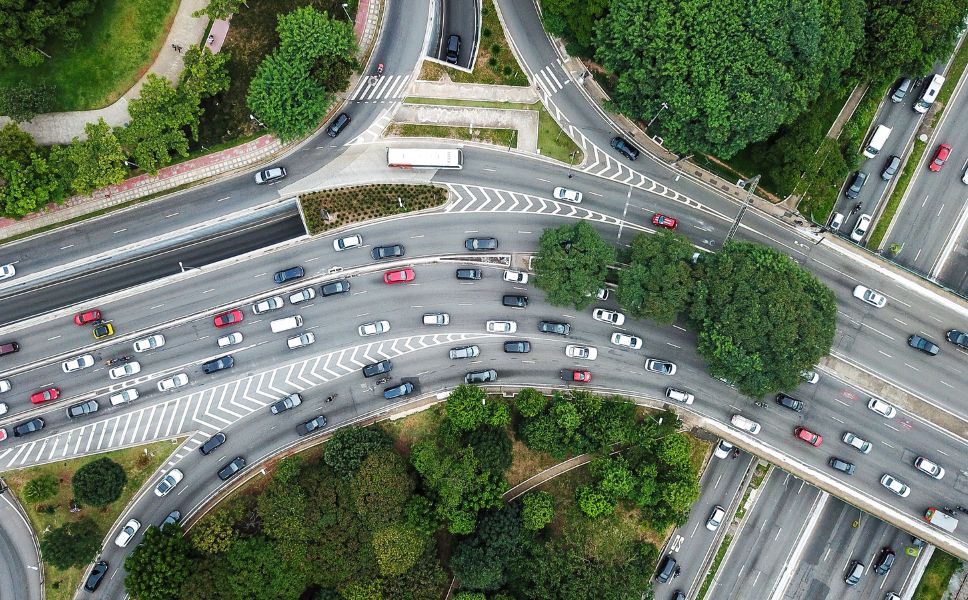
Context The traditional approach to collecting travel demand information, mainly based on surveys (household travel surveys, vehicle intercept surveys, on-board transit surveys, etc.), provides rich information, but also suffers from major shortcomings. The analysis of geolocation data from personal devices, such as mobile network data, allows overcoming many of these limitations: In some projects, surveys…
-
AVENUE
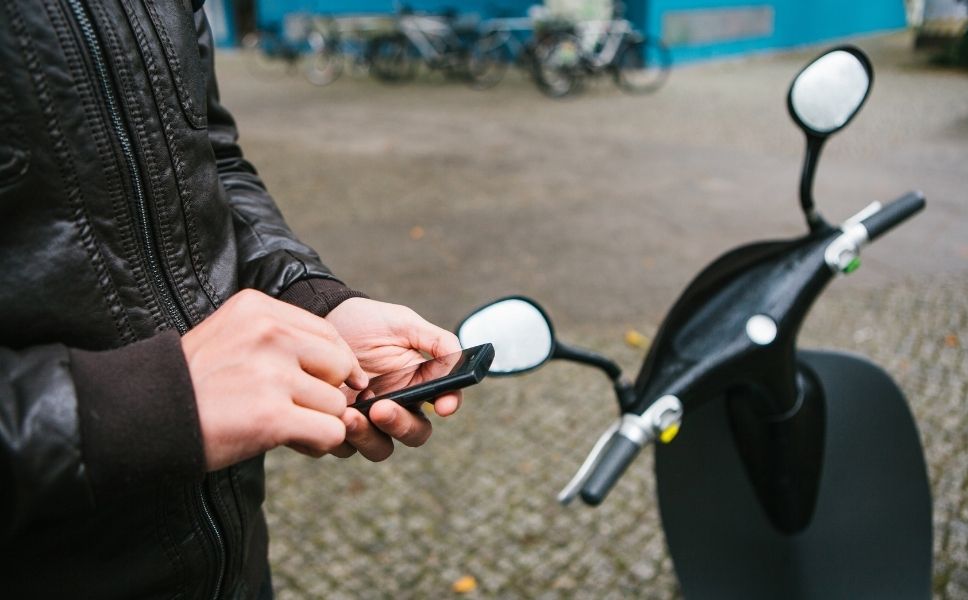
The project AVENUE aimed at developing an AI-based decision support tool for designing and monitoring shared mobility regulatory frameworks oriented towards the reduction of GHG emissions. The project was part of AI4Cities, a three-year EU-funded programme that brought together leading European cities looking for artificial intelligence (AI) solutions to accelerate carbon neutrality. Nommon and Populus…
